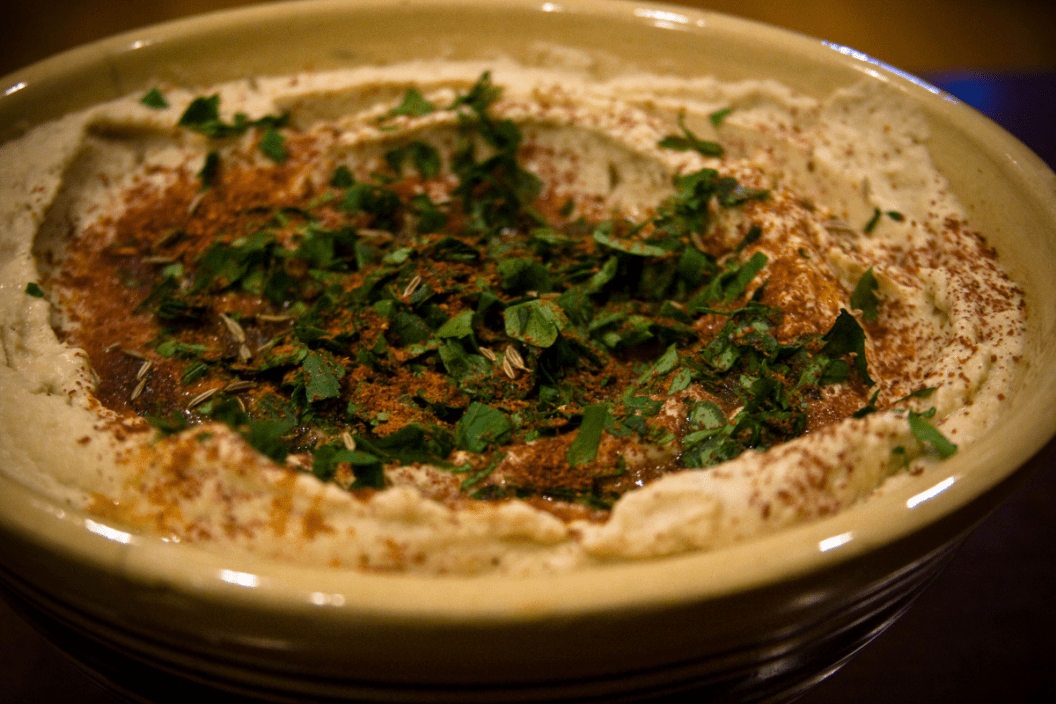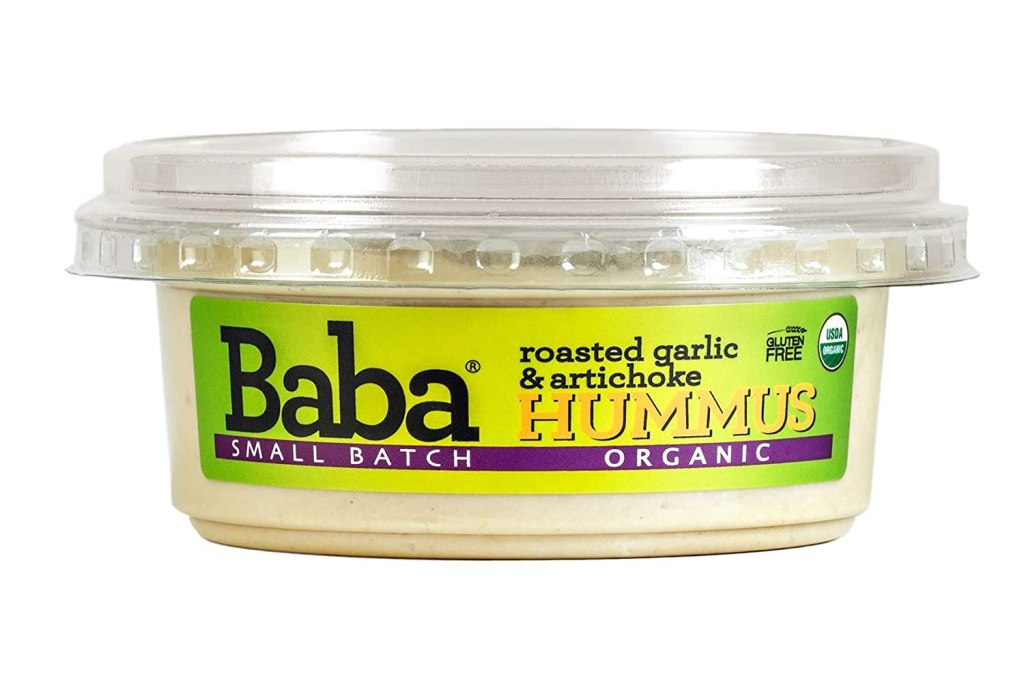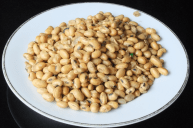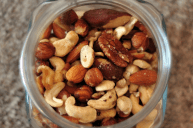Hummus is delicious and is definitely perceived as being healthy. But with all those carbohydrates (carbs), is hummus good for you? It may depend on what's in your recipe, and whether you make it at home or pick it up from the grocery store to eat with some veggies, pita bread, or other snacks. With varieties like red pepper, garlic, and extra virgin olive oil easily available at grocery stores like Whole Foods, this is a high-protein snack you can pick up at any time. So, is hummus healthy?
Is Hummus Good For You?
First of all, the general consensus is that yes, hummus is healthy and basically good for you.
Most spreads are made with the main ingredient being blended chickpeas (garbanzo beans), as well as tahini (ground sesame seeds), and some sort of oil like olive oil. Some varieties use soybeans or lentils as the base, but it's rare of this dish. It often also has lemon juice and garlic, but there is no exact recipe for hummus. Hummus can also be in the form of dessert hummus and have chocolate or sugar in it, and it'll still be healthier than a lot of other treats you could have considered.
People on a Mediterranean diet can turn to this spread for meals or snacks, and eating the Middle Eastern dip has all sorts of health benefits. The healthy food also provides your body with healthy fats and is a good source of protein overall. Aside from the multiple grams of protein, many hummus spreads are also gluten-free, although the best way to be sure is to make homemade hummus in a food processor or always check the ingredients on store-bought dip.
But what other health benefits of hummus are there?
1. Hummus Is Very Nutritious
Healthline reports that hummus is super nutritious and has lots of vitamins and minerals. A 100-gram serving of hummus is a great source of plant-based protein, and provides manganese, magnesium, fiber, folate, phosphorus, iron, zinc, thiamine, B Vitamins, and potassium, among other things.
2. Controls Blood Sugar Spikes
Health.com reports a study that found, "Hummus may help offset blood sugar spikes from foods that are high on the glycemic index." For some, having lower blood sugar levels is extremely important and a big part of their dietary needs, and eating hummus may be able to help!
3. Fights Inflammation
Olive oil helps with fighting inflammation, and hummus recipes often include it. It has lots of antioxidants that have anti-inflammatory benefits. "Many studies have shown that consuming a diet rich in legumes like chickpeas reduces blood markers of inflammation," Healthline notes.
4. May Reduce Heart Disease Risk
https://www.instagram.com/p/CQr5-QVAqil/
This spread has ingredients that might reduce risk factors for heart disease. Some studies show that eating chickpeas can help manage or lower cholesterol levels, and olive oil has heart-healthy fats. It's not a magic wand to make your blood pressure go down or make your risk of heart disease go away entirely, but it can't hurt.
5. Weight Loss Aid
Eating hummus could potentially help with weight loss. "Regular eaters of chickpeas and hummus have lower BMIs and waist measurements than people who don't eat those foods, according to government data," Health.com reports. As a good source of dietary fiber and plant-based protein, studies have shown that it might help curb your appetite.
Generally, hummus is one of the healthiest snacks you can add to your diet. Just watch out for preservatives or other additives in store-bought brands, and you should be in the clear.
Products featured on Wide Open Eats are independently selected by our editors. However, when you buy something through our links, we may earn a commission.






